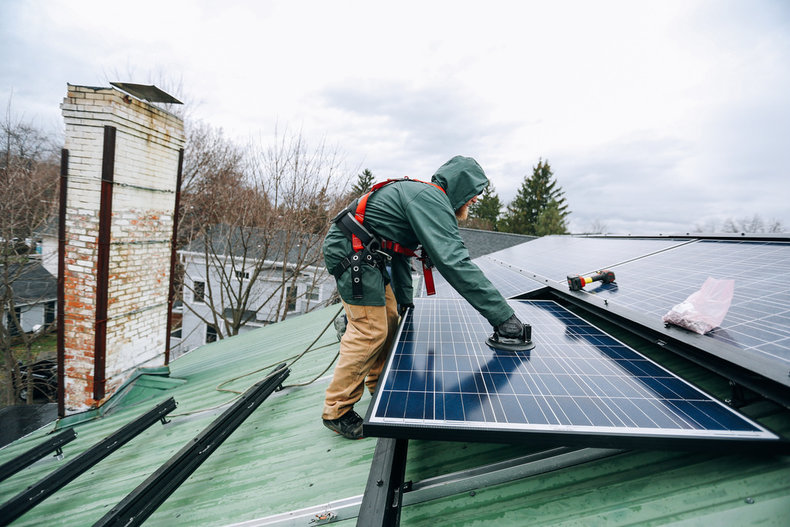|
| |
Sustainable economics is an approach to economics that seeks to reduce the environmental damage and poor quality of life that occurs in economies. Economies are essentially rules for creating, exchanging, distributing and storing value. If these rules make people unhappy or damage the environment they can potentially be challenged and improved. The following are key theories and principles related to sustainable economics.
If you enjoyed this page, please consider bookmarking Simplicable.
A cost or benefit that isn't reflected in the price paid for a good or service.
A list of economic theories that are particularly useful for business.
The tendency for people at high risk to buy insurance.
A list of economic positions or capabilities that allow you to outperform in a particular industry.
A definition of knowledge work with examples.
A definition of production with examples.
An overview of post-scarcity.
The common types of economic infrastructure.
The common types of business competition.
The common types of inefficiency.
An overview of supply with common examples.
An overview of existential risk.
An overview of the precautionary principle.
A definition of comparative risk with examples.
The common types of energy efficiency.
The definition of external stakeholder with examples.
The definition of win-lose with examples.
An overview of climate engineering.
Why carbon soil is important.
TrendingThe most popular articles on Simplicable in the past day.
Recent posts or updates on Simplicable.
Site Map
© 2010-2023 Simplicable. All Rights Reserved. Reproduction of materials found on this site, in any form, without explicit permission is prohibited.
View credits & copyrights or citation information for this page.
|

